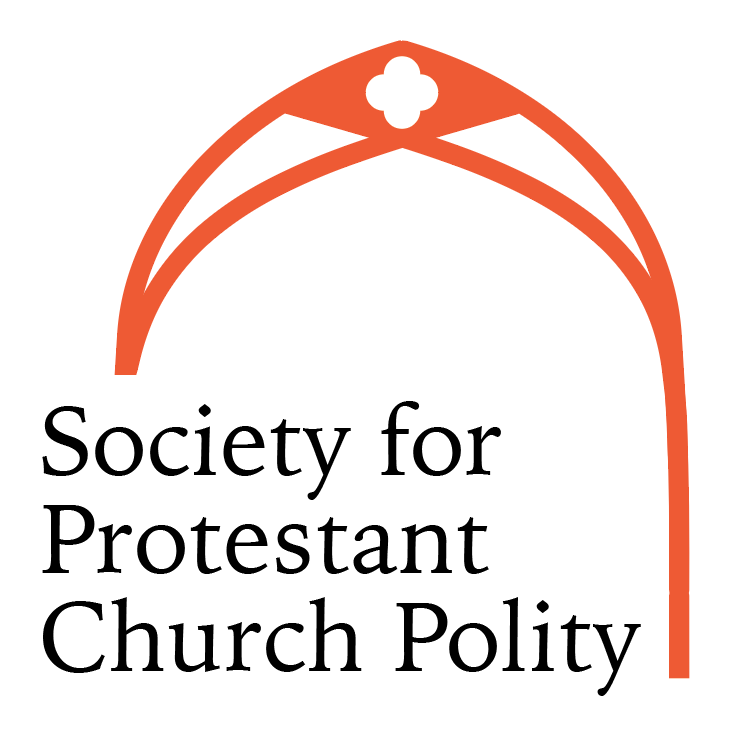About the Journal
Church Polity: International Studies in Protestant Church Polity
is a peer-reviewed international journal of church polity from and for the Protestant world. The journal provides a forum for discussion on matters of church polity across denominational and national boundaries. Contributions are welcomed for a variety of approaches that provide for historical, theological, biblical, and legal analyses of church polity topics from around the Protestant world. Church Polity originates from the Society for Protestant Church Polity, an international society of church polity scholars and practitioners.
Church Polity is published annually in partnership between the Society and the Beardslee Press (an imprint of New Brunswick Theological Seminary): New Brunswick, New Jersey.
PEER-REVIEW PROCESS
All submissions to be considered for publication in the Church Polity (with the exception of editorials and book reviews) will be subject to a double blind peer review process, i.e. the reviewers will not know the identity of the author(s) and the author(s) will not know the identity of the reviewers. All other submissions to the journal will be subject to review by the editorial board.
PUBLICATION FREQUENCY
The journal is currently published once a year in Autumn.
Free ACCESS POLICY
Church Polity provides immediate free access to its content on the principle that making research freely available to the public is most beneficial to the church and the world. Authors will never be charged to submit or publish a manuscript through Church Polity.
COPYRIGHT
The copyright remains with the Author, with the following exceptions:
1. An irrevocable non-exclusive right to reproduce, republish, transmit, sell, distribute, and otherwise use the Work in electronic and print editions of the Church Polity and in derivative works throughout the world, in all languages, and in all media now known or later developed.
2. An irrevocable non-exclusive right to create and store electronic archival copies of the Work, including the right to deposit the Work in digital repositories.
